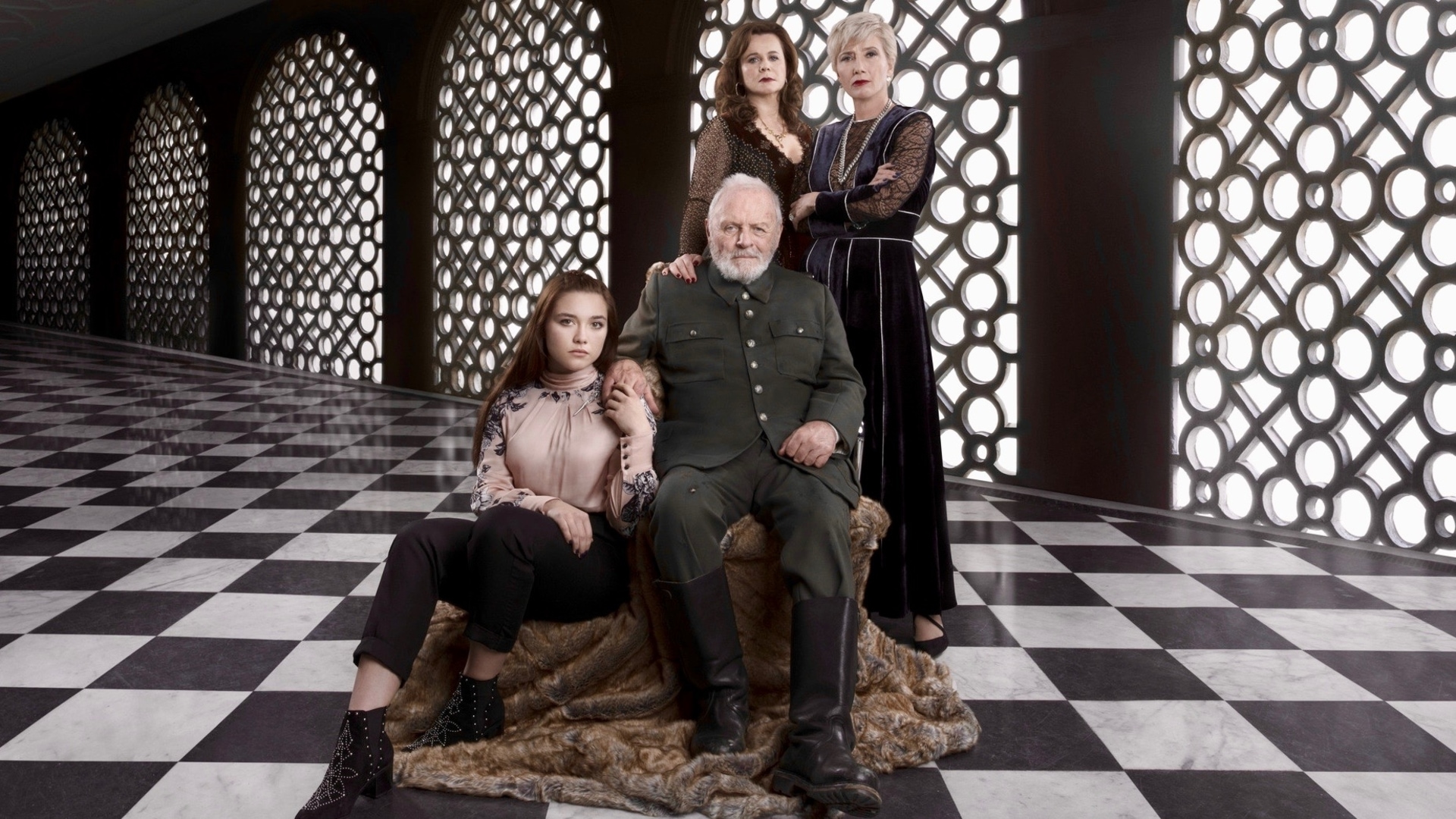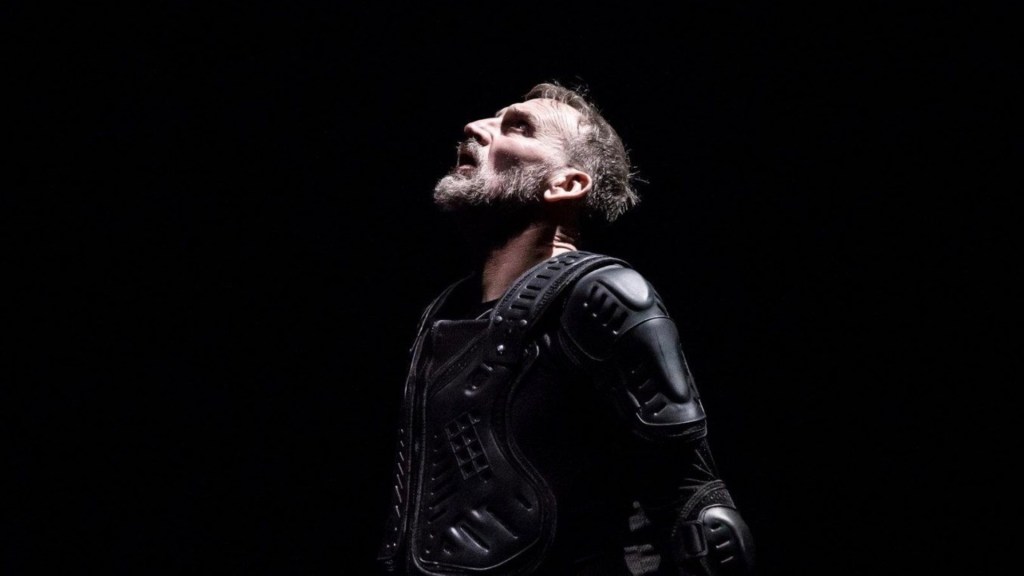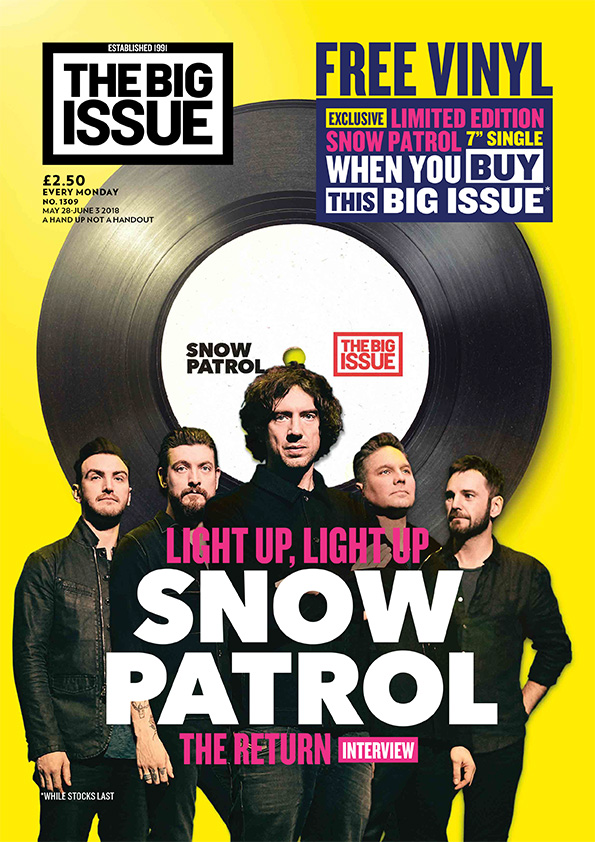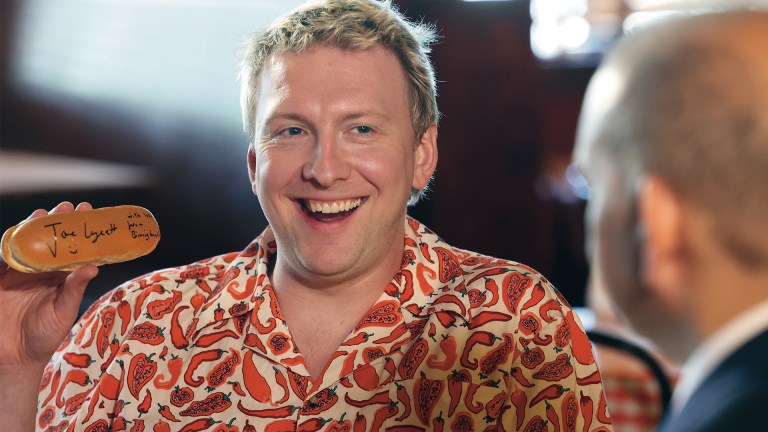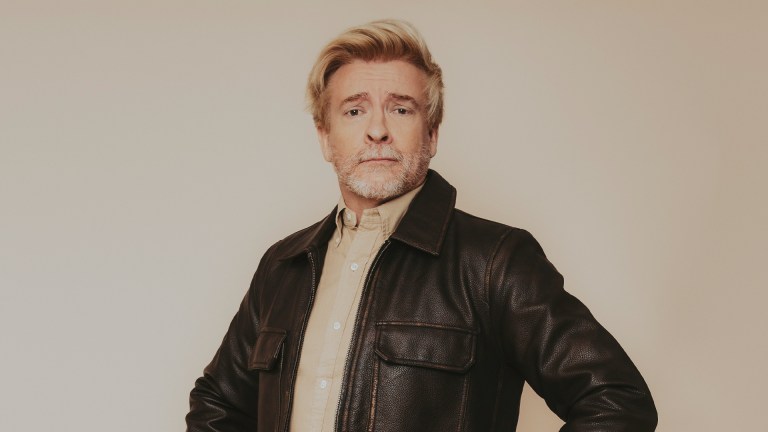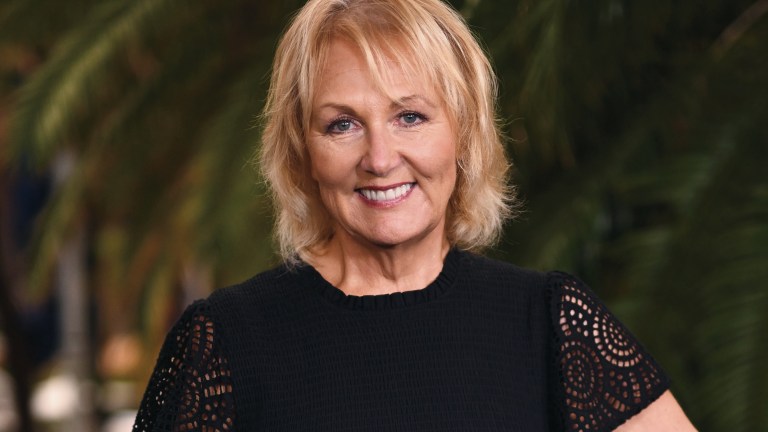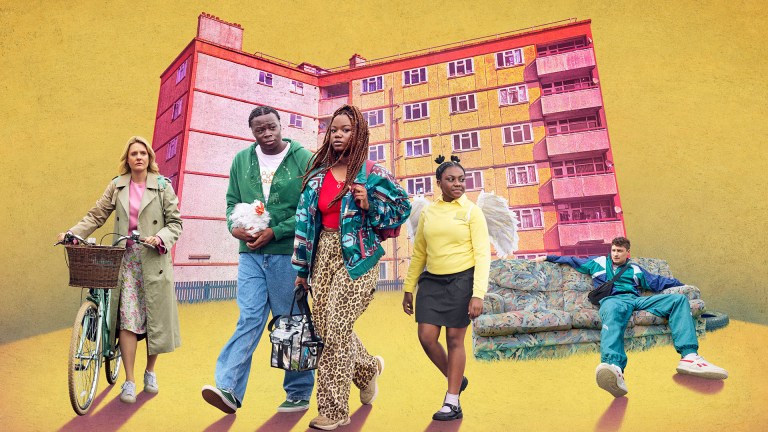“When I heard the BBC were doing King Lear with Sir Anthony Hopkins, I wrote to Piers Wenger, controller of BBC drama, and said I would like to audition for a role. I am never seen for classical roles and I think that is to do with my background – which is ironic, because Tony is the son of a baker and grew up in Port Talbot.
“The casting director didn’t want me. I suggested myself for a number of roles and was finally offered Oswald. When I walked into the rehearsal room, the director Richard Eyre said: ‘Why are you here? Oswald is a small role, and we’ve made him even smaller.’ I just pointed at Tony Hopkins and said: ‘because of him’.
“Tony changed everything for me. When I was at drama school, I got a job as an usher at the National Theatre. One of the shows in 1985 was Pravda, written by David Hare and Howard Brenton, where they combined the figures of Robert Maxwell and Rupert Murdoch and made him a South African newspaper editor. Tony Hopkins walked on stage in a box suit with slick back hair and his performance changed my life.
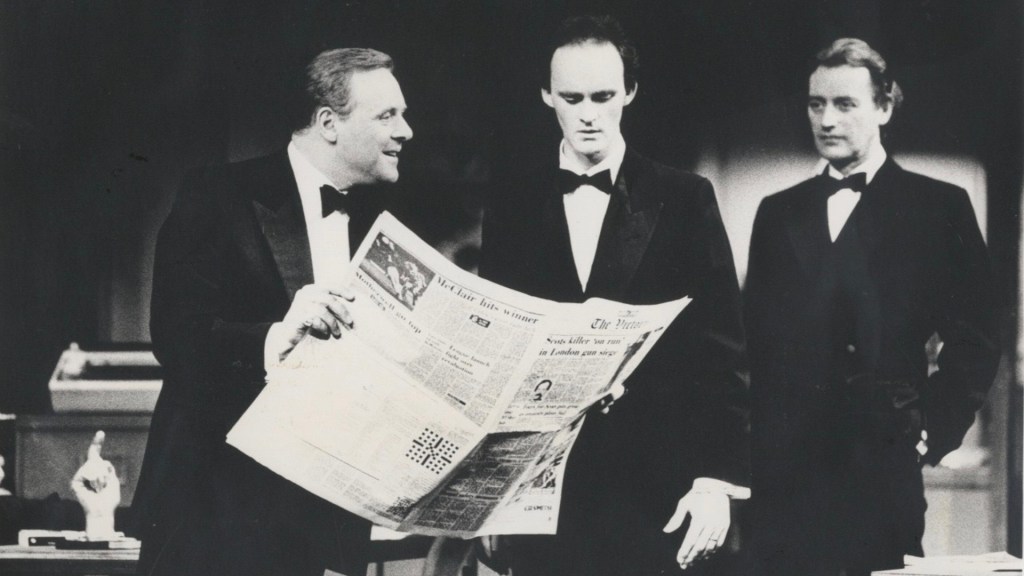
“What was amazing was that he always seemed like he might leave the stage at any minute. Or smash the entire place up and lose control. Or jump into the audience. But he was completely in control of what he was doing.
“It was explosive. Animalistic. Electrifying. I learned that theatre can be as exciting to watch as sport. It made me feel like I was watching George Best play football, Alex Hurricane Higgins play snooker, or Nastase and McEnroe play tennis.
“Then I would go backstage and see him eating beans on toast on his own, very reserved, looking considerably physically smaller than he did on stage – because on stage he just looked massive. I knew that was the kind of actor I wanted to be.
